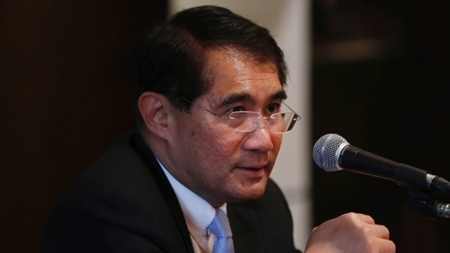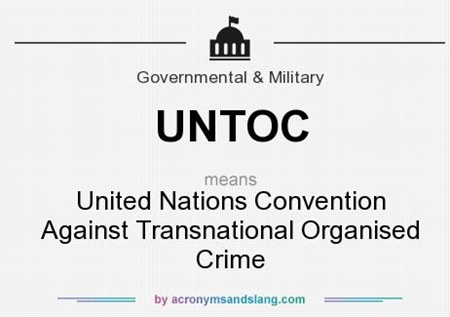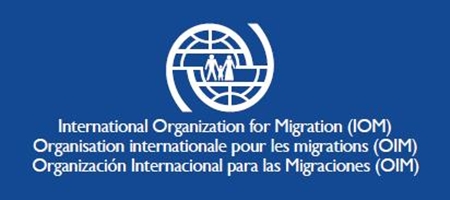BANGKOK, 29 May 2015 – Permanent Secretary for Foreign Affairs Norachit Sinhaseni, as a chairman of the Special Meeting on Irregular Migration in the Indian Ocean today, has announced the meeting’s outcome seeking multilateral solutions to an “alarming level” of migration challenge in the region. A number of proposals and recommendations were adopted under the immediate, medium and sustainable terms.
To provide an immediate response, the meeting agreed that rescuing lives of stranded migrants be given high priority. The delegates agreed upon intensifying search and rescue operations, ensuring UNHCR and IOM (International Organization for Migration) an access to migrants and their identification, taking a particular care of vulnerable groups of migrants, strengthening information and intelligence sharing mechanism to provide data on accurate migrants and vessels’ location at sea, circulating resources of the countries in response with the appeals international organizations. On this occasion, the 3-million-USD-worth pledge in response to the IOM’s appeal made by the US as well as a 5-million AUD-pledge by the Australian Government to assist Rakhine State of Myanmar and Cox’s Bazaar of Bangladesh were announced.

In order to tackle the long-term human trafficking and human smuggling issue in the region, the delegates had suggested that the countries need to strengthen an enforcement of the law of the countries and legal cooperation under a framework of the United Nations Convention Against Transnational Organized Crime (UNTOC) and its protocols, to establish a special investigation task force, specifically in affected countries, to enhance the transparency in government officials recruiting process, to prevent the trafficking and smuggling crimes committed by government authorities, to develop regional communication campaigns to convey a message about the danger of migration and the threat of human trafficking and smuggling to migrants’ communities and also to impose legalization in migration, for example, through bilateral employment MOUs.
Lastly, in order to address the root causes of the issue, proposals are adopted on enhancing a quality of life of the people and creating economic incentives in the at-risk areas in countries of origin through various methods such as providing working skills training to the locals, promoting trade and investment in the areas, developing infrastructure and creating adequate access of people in the areas to basic rights and services such as housing, education and healthcare.
The Permanent Secretary has also mentioned about an agreement of the government of Myanmar to these methods of solution as well as its will to work cooperatively with international community to improve livelihood in affected areas, however, a nationality granting to the Rohingyas was not brought up to the discussion.
Further dialogue on this issue will be pursued under related regional frameworks including bilateral consultations; the Bali Process on People Smuggling, Trafficking in Persons and Related Transnational Crime (Bali Process) whose Ministerial Conference is to be held this year.






